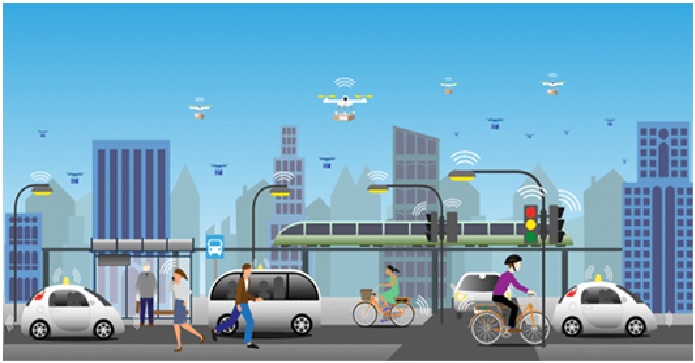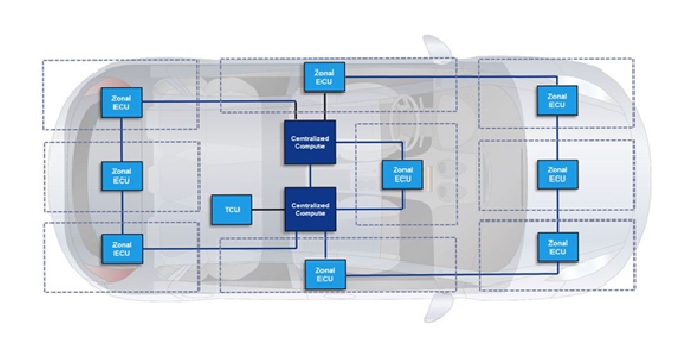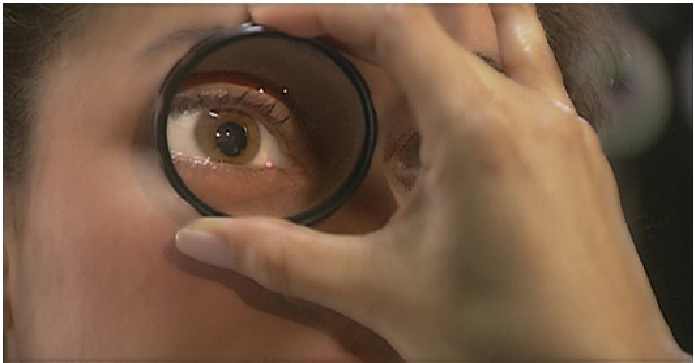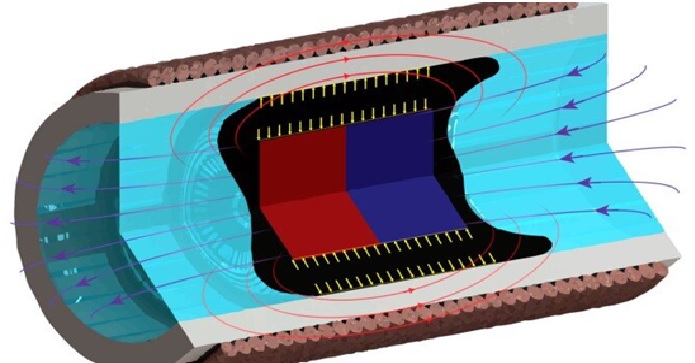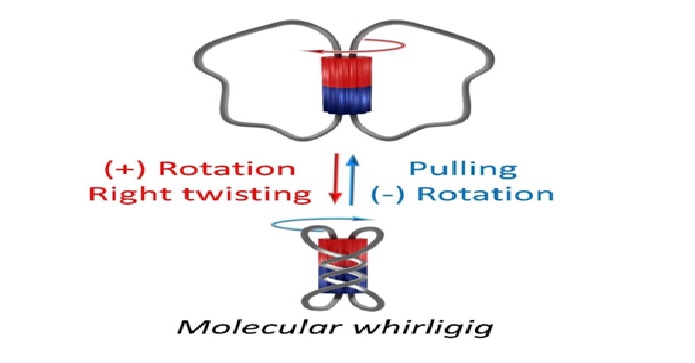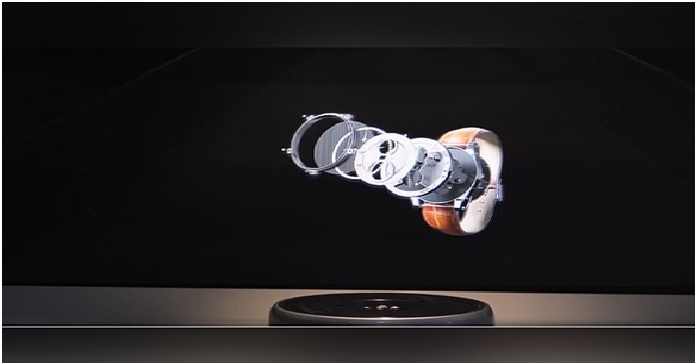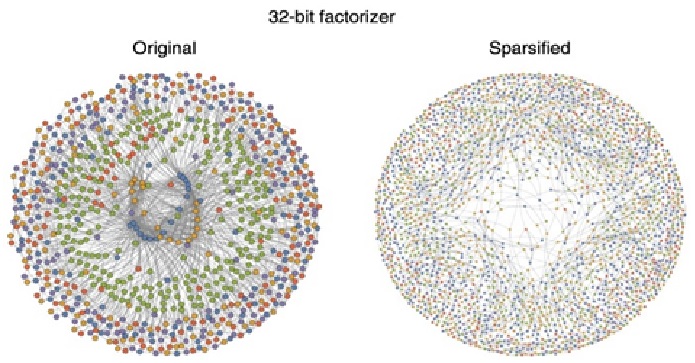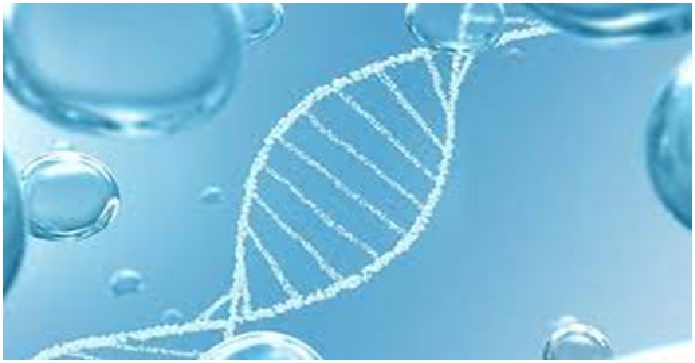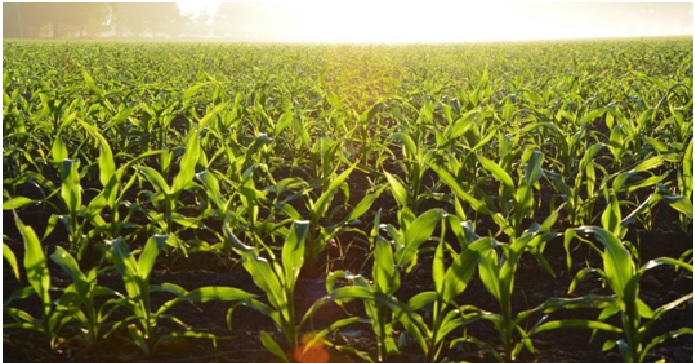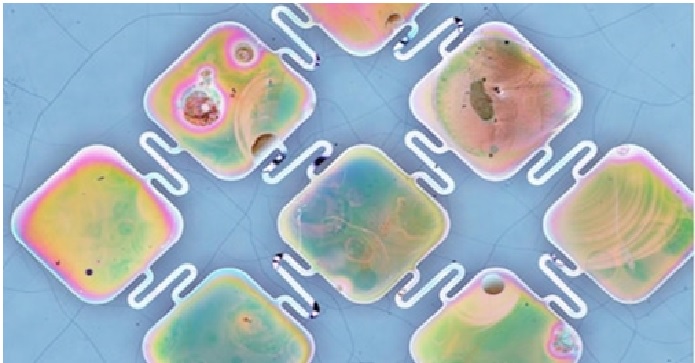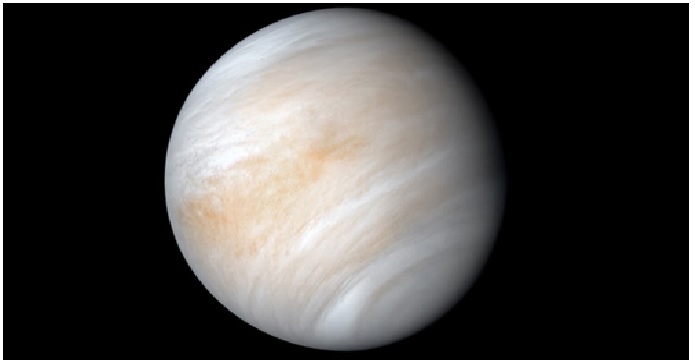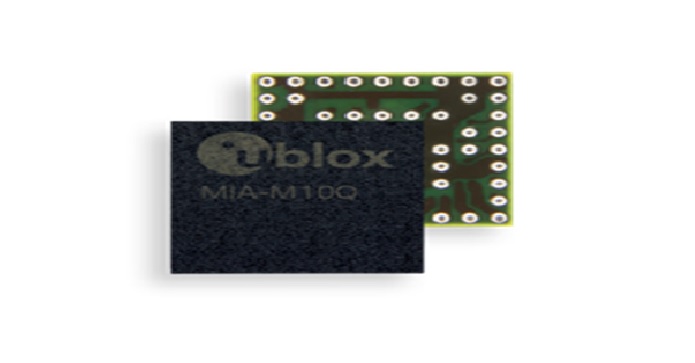Google’s AlfaFold AI to Predict New Protein Knots
Researchers from JGU and the University of California, have discovered the most complex protein knot for the first time thanks to the help of Google's AI AlphaFold. took a closer look at the structures of the molecule and examined for knots. Knots naturally occur in our cells.
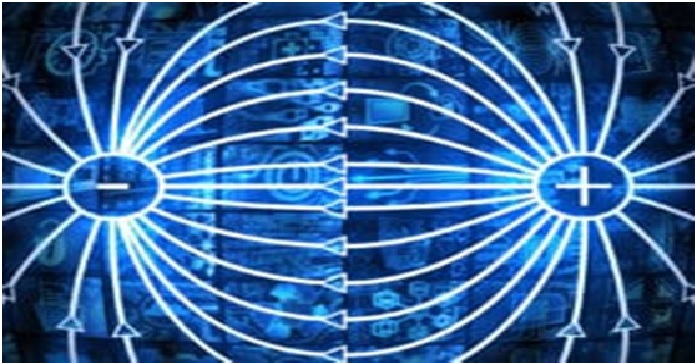
Figure 1: Identified complex protein knot with the help of Google's AI AlphaFold.
Figure 1 shows that Knotted proteins can be used to assess the quality of structural predictions. Still, they can also raise important questions about the mechanisms at play in molecular folding and the evolution of proteins.
Natural nanobots formed for thousands of years acquire a specific biologically functional structure known as the native state via the folding process. Typically, this state coincides with the protein's tertiary structure, resulting in a three-dimensional packing of secondary structural elements. In unique proteins, the so-called knotted proteins, the native state embeds a knot. [1]
knotted proteins pose a challenge to protein folding and evolution. Since it contributes substantially to, among other things, the understanding of many diseases and their treatment, this information regarding the so-called “folding” of proteins is in high demand. These factors led to the creation of AlphaFold, artificial intelligence that predicts 3D structures. [2]
Maarten Brems, explains that they investigated numerically all, roughly 100,000, predictions of Google's AI AlphaFold for new protein knots. The study aimed to identify rare, high-quality structures containing complex and previously unknown protein knots to give a basis for experimental verification of AlphaFold's predictions. [1].
The goal was to identify rare, high-quality structures containing complex and previously unknown protein knots to provide a basis for experimental verification of AlphaFold's predictions.
The study not only discovered the most complex knotted protein to date but also the first composite knots in proteins. The latter can be thought of as two separate knots on the same string. "These new discoveries also provide insight into the evolutionary mechanisms behind such rare proteins," said Robert Runkel.
Dr. Peter Virnau is pleased with the results: "We have already established a collaboration with our colleague Dr. Todd Yeates from UCLA to confirm these structures experimentally. This line of research will shape the biophysics community's view of artificial intelligence—and we are fortunate to have an expert like Todd Yeates involved." [3]
References:
- https://www.sciencetimes.com/articles/38781/20220715/googleai-helps-theoretical-physicists-discover-complex-protein-knot.htm
- https://www.miragenews.com/deformable-pump-gives-soft-robots-heart-819577/
- https://phys.org/news/2022-07-physicists-ai-complex-protein.html
Cite this article:
Sri Vasagi K (2022), Google’s AlfaFold AI to Predict New Protein Knots, AnaTechMaz, pp.233



